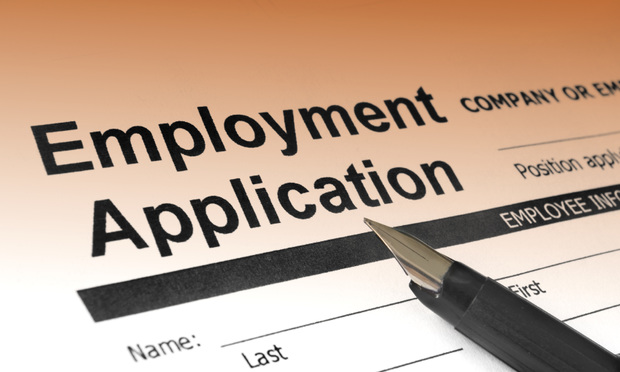The article, “City’s New Credit Check Law Is Unnecessary” (NYLJ, Aug. 13, 2015), unfortunately gets a whole lot wrong about New York City’s newly-enacted employment credit checks ban, which goes into effect Sept. 3. First, the authors erroneously claim that in passing the country’s strongest employment credit checks ban, the city council glossed over carve-outs found in other city and state employment credit check laws. In fact, the council dedicated considerable attention, over a three-year period, to analyzing employment credit check bans in other jurisdictions, and found that most exemptions were based not on sound public policy but were the outcome of industry pressure. In Illinois, legislators are on record complaining that officials from TransUnion, one of the nation’s “ Big 3″ credit reporting agencies, made several unscrupulous efforts to gut their bill.
Ironically, it was also an official from TransUnion who in 2010 admitted under oath that, “we don’t have any research to show any statistical correlation between what’s in somebody’s credit report and their job performance or their likelihood to commit fraud.” Which brings us to another fundamental flaw in the article: the authors’ claim that employment credit checks are a “reliable proven predictor” of job performance and risk. Notably, the authors must resort to industry research, by the consumer credit reporting industry, to support their claim, because there exists no peer-reviewed scholarly research showing that information in a person’s credit report is predictive of job performance or likelihood to commit fraud or theft on the job.



